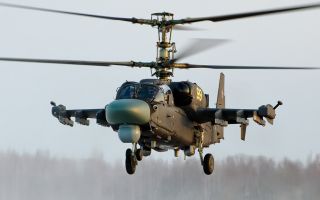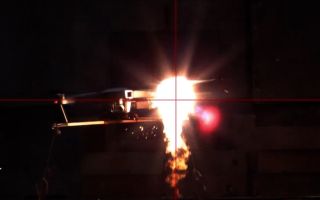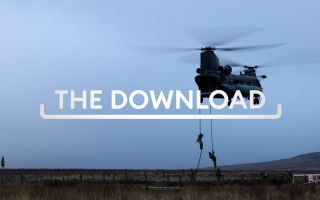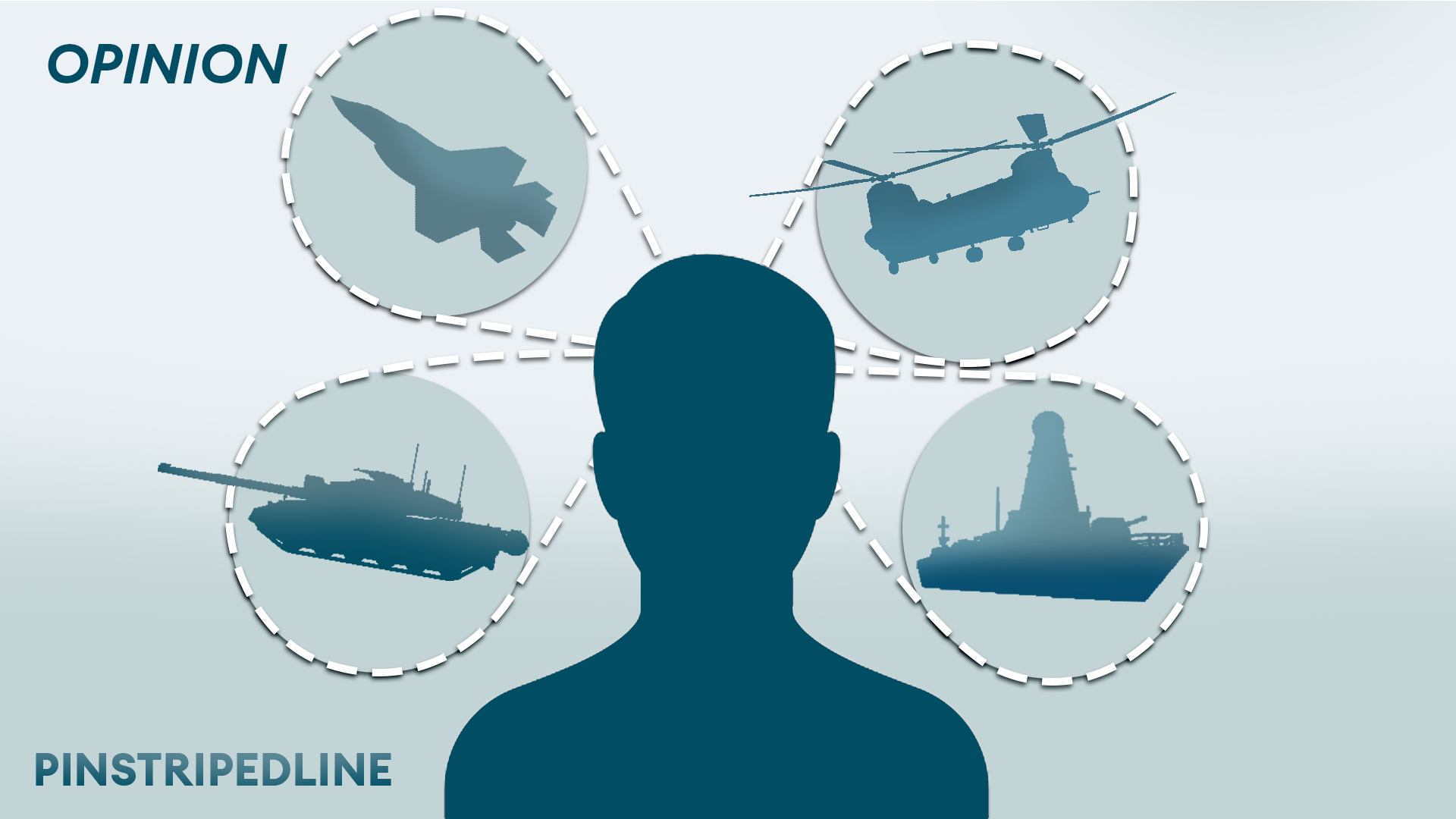
Strategic Defence Review has set the clock back 40 years – to the time of a new Cold War

The Government's long-awaited Strategic Defence Review has been published, setting out recommendations on how the MOD and Armed Forces should be structured to tackle the security threats facing the UK.
The document, unusually written by an external team of former ministers, generals and advisers, puts forward dozens of recommendations for the MOD, which the Government has accepted in full.
Why though is this document so important, and what does it mean for the future Armed Forces?
Since the end of the Cold War, successive defence reviews have focused on the UK playing a global role, using military force for overseas interventions, operating around the world on an expeditionary basis, supported by a "just in time" logistics network.
Nato was of minimal interest, and there was no perceived threat to the homeland and no plans made for national defence.
This review is very different; it essentially resets the clock back to 1989 and picks up where the Cold War left off.
In broad terms the SDR is clear that the UK faces an existential threat from Russia, which could, if war came, attack the UK by air, missile attack, targeting of CNI and offshore cables and trying to conduct sabotage and undermining national will.
These are all familiar themes, mirroring similar concerns from the 1980s – the type of threat has not changed, how it may come at us has though.
The SDR is clear that the UK right now is not properly prepared for war.
Stockpiles have been exhausted. The national defence arrangements are not in place, and there are not enough people to do the job.
There is inadequate force available for the tasks at hand, while the emergence of cyber, AI and other technologies means that we both need to rearm and win an ongoing technological arms race against Russia, while being concerned about China, Iran and North Korea too.
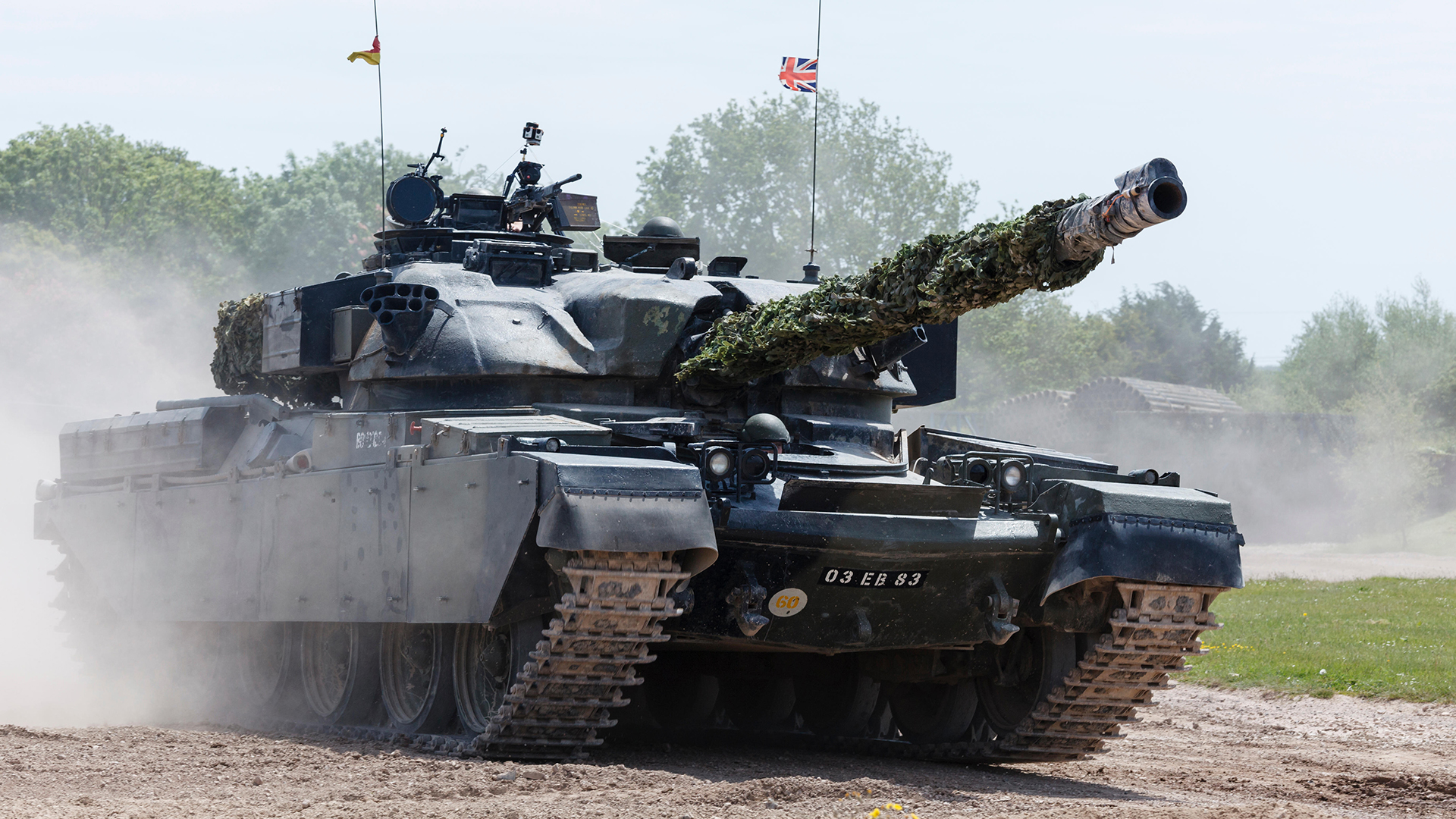
The need to prioritise
It is probably the most challenging and complex security environment the UK has faced since the Second World War.
To overcome this, the MOD is looking to refocus the Armed Forces, government and the wider defence network to try to deliver the following priorities:
:: A clear primary focus on supporting Nato as the heart of UK defence to protect the UK homeland and overseas territories.
:: A wider emphasis on deterring Russian aggression, while also standing up for international partnerships more widely around the world.
:: An ability to prepare for the unexpected.
For the homeland this means, for the first time in nearly 40 years, the Armed Forces will be focused on trying to actively defend it and prepare for war.
This will require investment in air and missile defences, and improving the arrangements to mobilise the Armed Forces for war.
One key area is the emphasis on a "national effort" which will see legislation passed to make it easier for the military to draw on private sector assets to mobilise for war, and to work more closely with the NHS to prepare for mass casualty events.
This is a significant change, moving back to the Cold War era of "War Books" and carefully prepared plans for mobilisation to deter attack, rather than an expeditionary form of war.
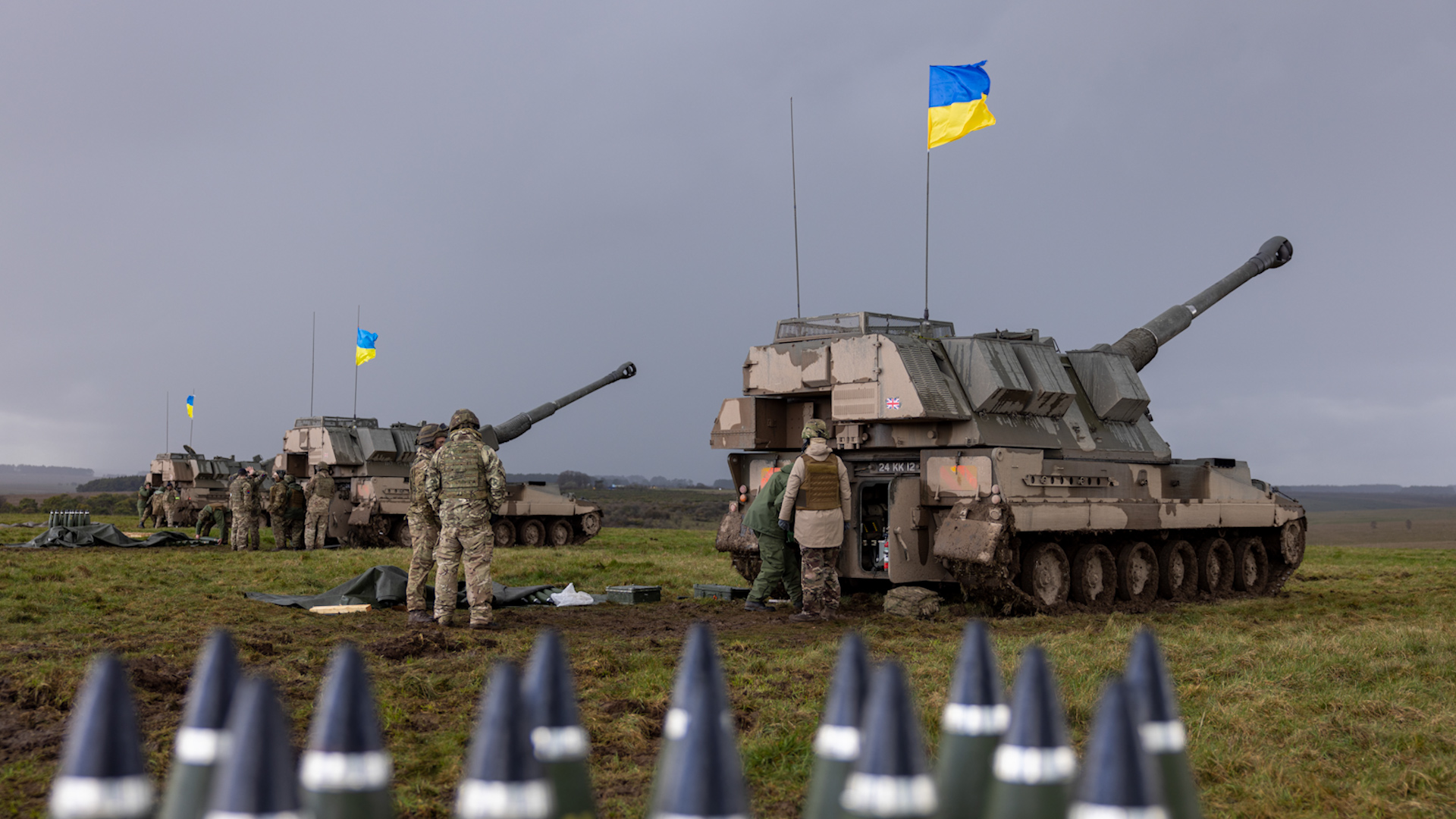
Is there enough money to turn ambition into reality?
The review emphasises the importance of the defence industry – you can have the best armed forces in the world, but they are useless without weapons and ammunition.
The decision to invest in new arms factories to increase production of weapons will help rebuild dangerously low stockpiles caused by gifting equipment to Ukraine.
The move to replenish stocks and prepare for a "long war" is different to late Cold War doctrine, where planners expected any war in Europe to quickly become nuclear – and possibly within 48 hours.
Instead, the MOD seems to assume that conflict with Russia would be long-lasting and conventional in nature, much like in Ukraine – forcing a drive to increase stockpiles, to hold off any attack and defend Nato.
This is a major shift in thinking and will require major investment to deliver and sustain for the long term.
This need for investment is the challenge facing the SDR – it is refreshingly honest on the problems facing the Armed Forces, but light on details around how the proposed mitigations will be funded to fix these problems.
The review's authors imply that their plans have been funded on an assumption of budget growth, and that it can be funded by hitting 3% of GDP on defence spending by 2034, but can more be done to accelerate this?
If the costs of projects rise, or inflation increases, there won't be enough money to deliver on the aspiration in the review – and this is a review long on aspiration.
While lacking the traditional force structure charts and detailed orders of battle beloved of so many defence enthusiasts, the SDR sets out a vision for transforming the military to reflect new technology.
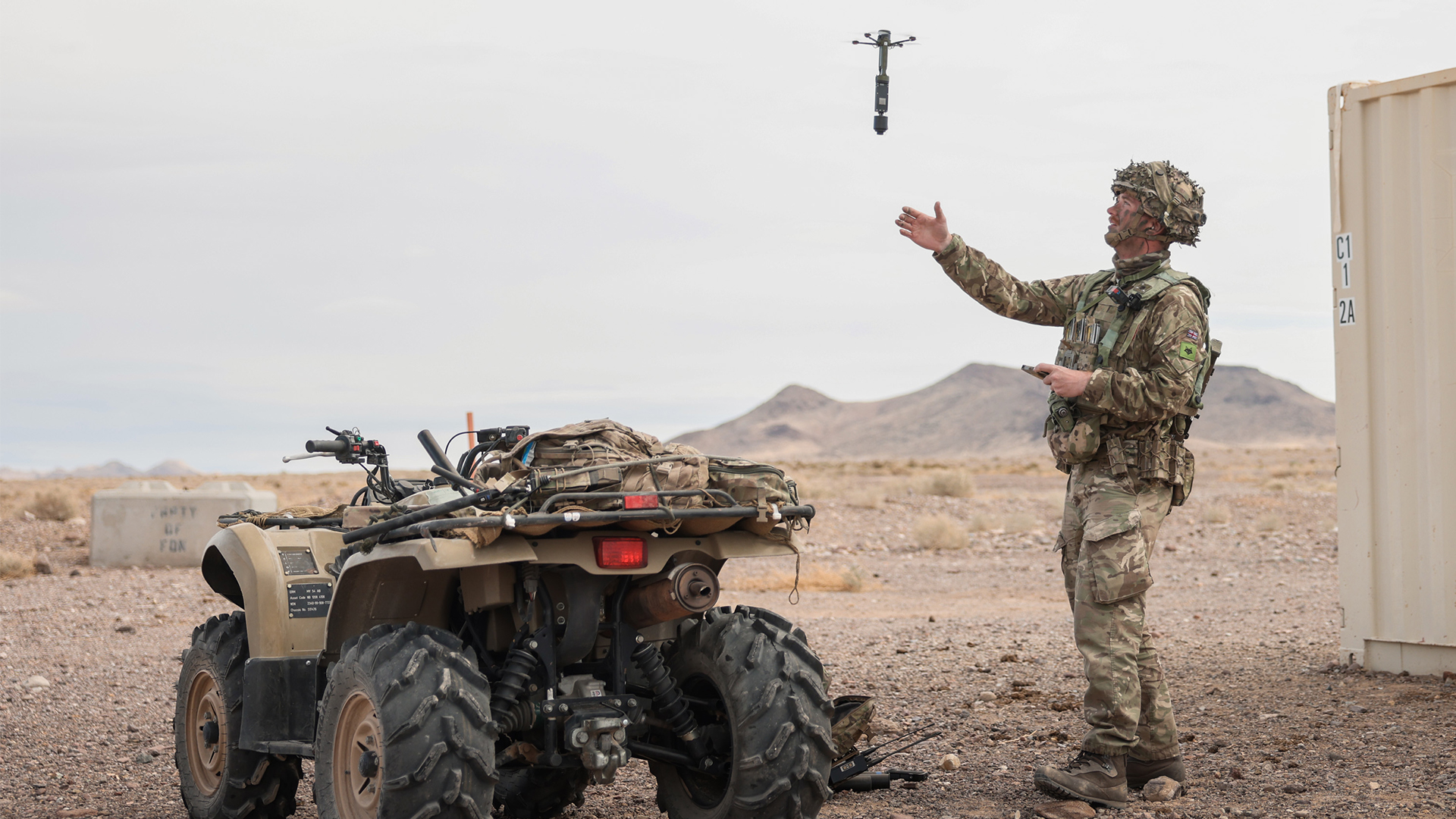
Technology and lethality
There is a major emphasis on integrating AI into decision-making, fusing together data from different sources to help inform the best plans and courses of action, mirroring Ukraine where, for example, the drone attack known as Operation Spiderweb used AI to determine weak points on Russian aircraft.
There will also be more use made of sensors to identify threats – moving away from platforms to information.
For example in the North Atlantic the Royal Navy will focus on using autonomous vessels and sensors to detect Russian submarines, rather than previously relying on frigates on patrol. This will free the frigates up to track known targets, rather than hoping to find a needle in a haystack.
Longer term there will be an emphasis on increased lethality, trying to get more weapons into service that are more effective at killing their targets – for example whereas before you may have needed two or three missiles to be certain of hitting and destroying something, in future you may only need one.
Drones will play a major part in this transformation, with the UK investing heavily to adopt the tactics of Ukraine, bringing in new drone capabilities quickly to react to the threats on the battlefield.
All these plans have huge potential, but they rely on several key factors being delivered. The first is the money to make it happen and ensuring that there is enough to fund all the plans in the review – something that isn't a certainty.
Secondly, it requires a mindset shift to buy quickly capabilities at the "80% solution" stage that can do most of what the MOD wants, and quickly phasing them out and replacing them with better equipment.
In Ukraine the project lifecycle for new uncrewed equipment is measured in weeks – the MOD will find it challenging to deliver this under its current structures and processes, and enormous cultural change will be required to make this happen.
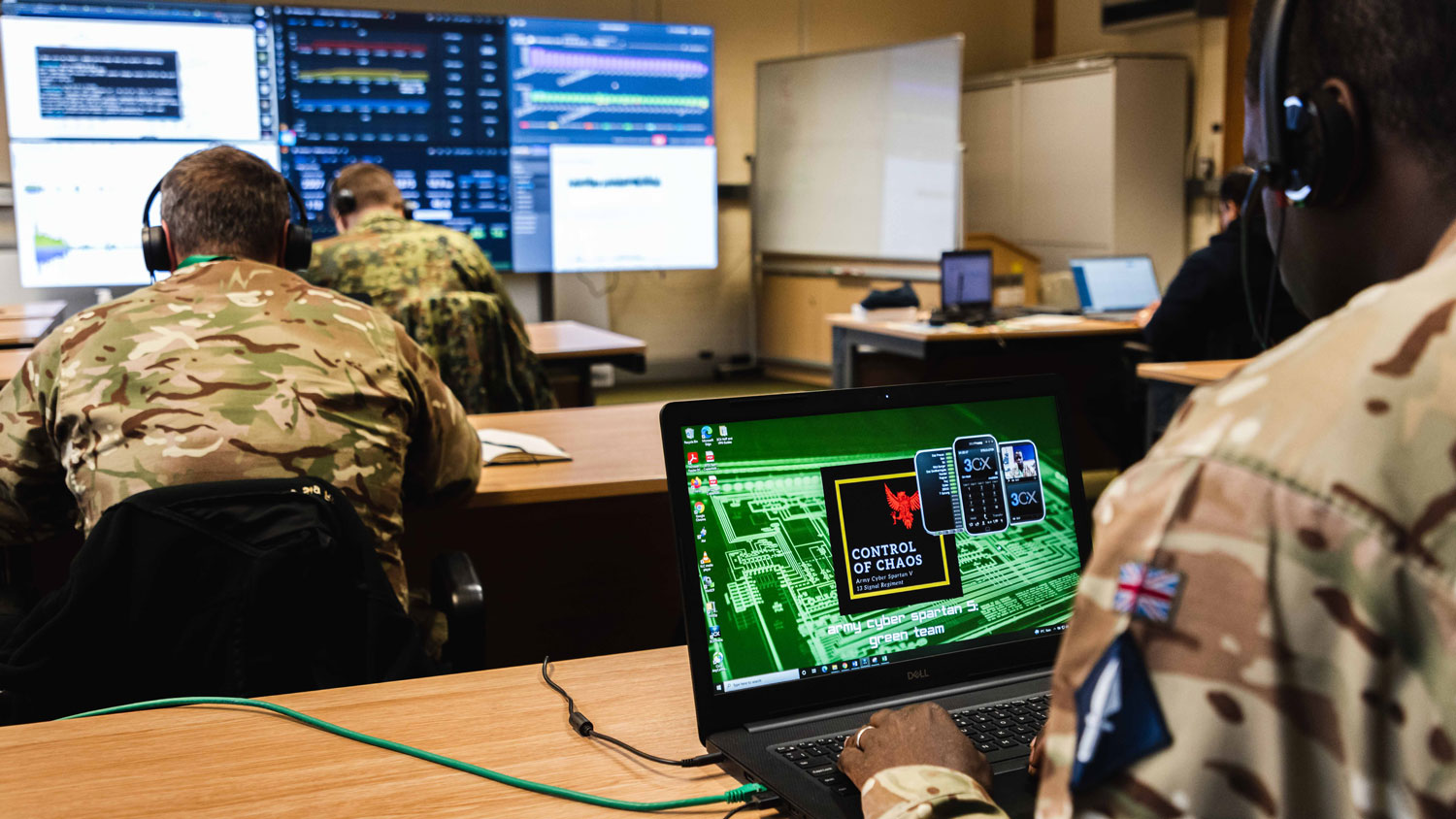
Securing the specialists
Finally, the MOD will need to find, recruit and retain specialists in areas like AI at a time when civilian companies are paying a huge premium for people with AI experience.
The MOD will need to develop ways to bring people in, either to train them, and potentially lose them to civilian competitors, or to bring external talent in at different ranks within the Armed Forces.
The military career model as configured is too static and inflexible compared to the pace that AI is operating at, and if the Armed Forces are serious about utilising the opportunities posed by AI, they will need to radically rethink how they attract and retain people with the right skills to operate in this world, as without it, they may find themselves left behind.
This is the real challenge – how do you future-proof the Armed Forces to ensure they attract the best people with the right skills in the coming years?
The Strategic Defence Review is clear that more needs to be done to work across society to make the case for the Armed Forces and build a national understanding of the role they play, and in turn attract recruits.
Part of this will be a focus on working to ensure children at school understand the role of the military, and significantly expanding the cadet movement.
All of this will be vital in ensuring that as the UK faces the most uncertain and challenging international security situation in decades, the public understands, engage with and join the Armed Forces to defend the UK against the threats we are likely to face for decades to come.
@PinstripedLine is an esteemed defence and security blogger, providing expert insight and analysis.

